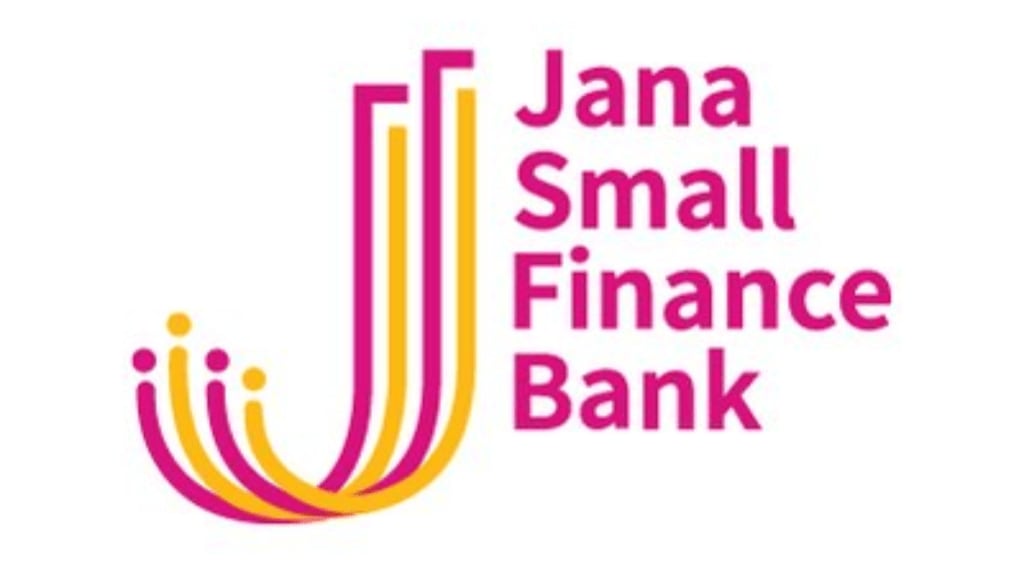Bengaluru-headquartered Jana Small Finance Bank (SFB) will apply for a universal bank licence in 2025, managing director and CEO Ajay Kanwal told FE.
“SFBs, like us, will and should convert to universal banks. It takes away the big difficulty of explaining to consumers what small finance banks are, which helps a lot on the deposit and CASA (current and savings account) side”, he said.
The RBI’s April 2024 guidelines laying down the detailed path for SFB transition to universal bank structure will not only aid them in deposit mobilisation, but will also provide clarity to fence-sitters who are keen on entering the banking space, Kanwal said.
According to the RBI guidelines on voluntary transition of SFBs to universal banks, an SFB must be listed on a recognised stock exchange, have a minimum net worth of Rs 1,000 crore at the end of previous quarter, meet minimum capital requirements for SFBs and must post net profit in last two financial years.
“Everybody who wanted to be an SFB, but were watching the performance of the existing SFBs from sidelines, will now get a clear signal that there is a possible path to transition to a universal bank regime from SFB, he said.
SFBs must also have gross and net-non performing asset ratio (GNPA, NNPA) of not more than 3% and 1%, respectively, over the last two financial years and a diversified product base.
Jana SFB’s net worth stood at Rs 3,577 crore as on March 2024 while the capital adequacy ratio was at 20.3%. Its FY24 net profit stood at Rs 670 crore and GNPA and NNPA were at 2% and 0.5%.
Besides Jana SFB, the managements of AU SFB and Ujjivan SFB have also evinced interest in applying for universal bank licences.
According to Kanwal, Jana SFB will grow its overall advances by 20% year-on-year in FY25, from Rs 24,746 crore in Q4FY24. The share of secured assets in the overall loan mix will rise to 65% by the end of current fiscal, from 60% in FY24. Deposit growth will largely be in line with credit growth, he said, adding that the lender will grow CASA to 30% over three years (20% in FY24).
“As a bank, we have been conservative and were not sure about how the liquidity challenge will pan out. So, we decided to raise money a bit faster, and when you want to raise deposit at a faster pace, you go towards bulk deposits,” Kanwal said.
“However, we have ensured that 96% of bulk deposit booked last year is non-callable and 91% has more than one-year tenure. This year, we may see a little less competition on deposits as inflation moderates.”


